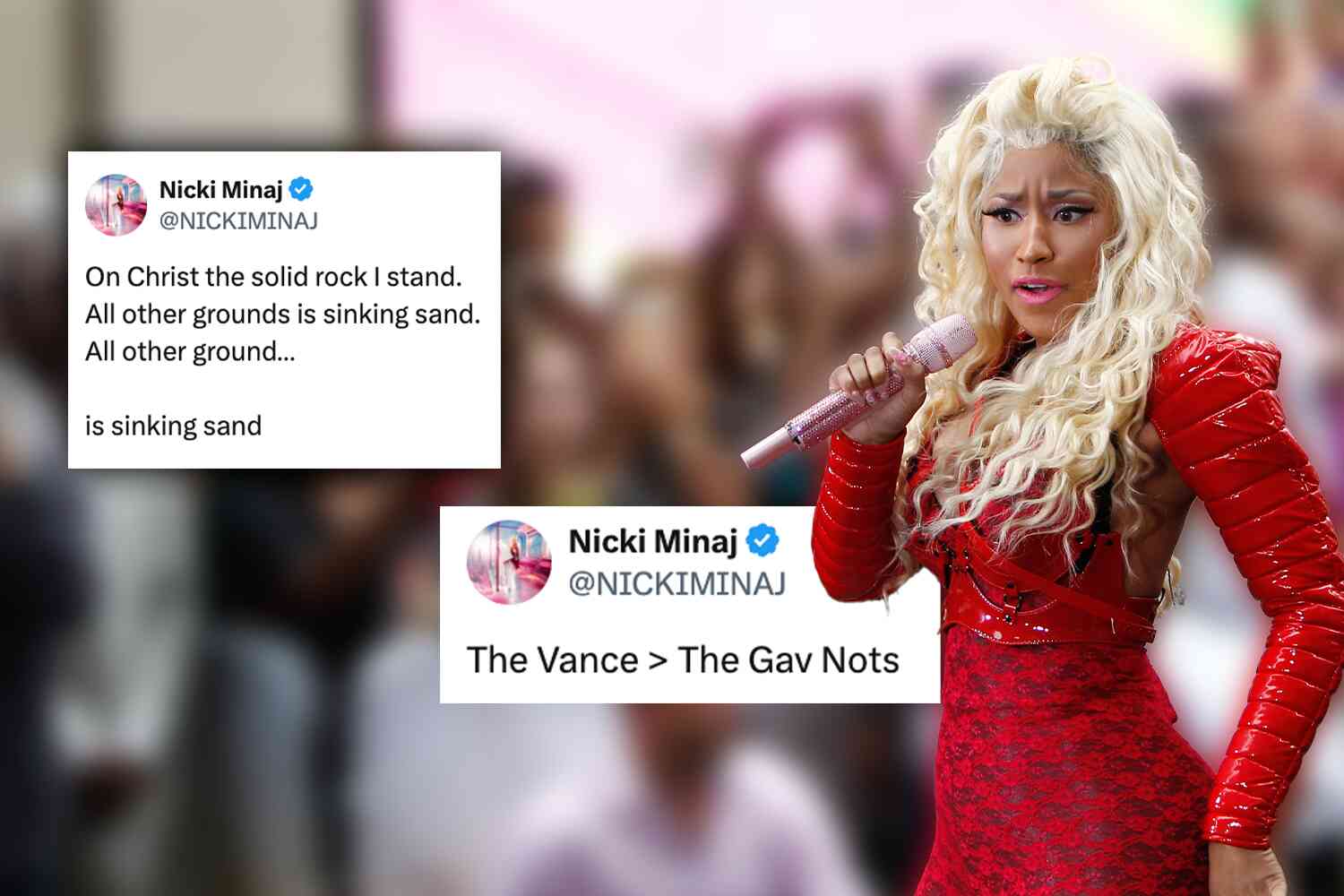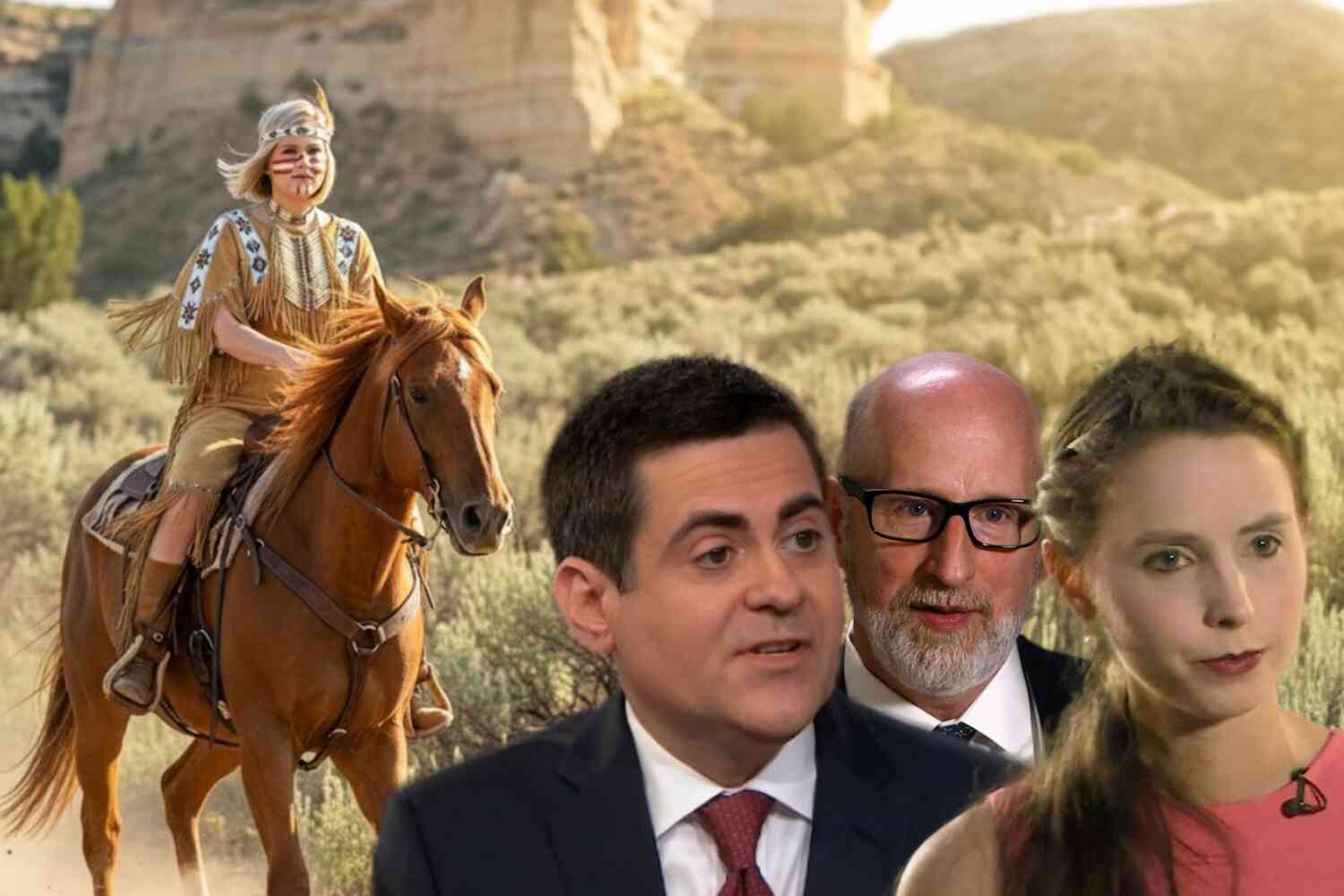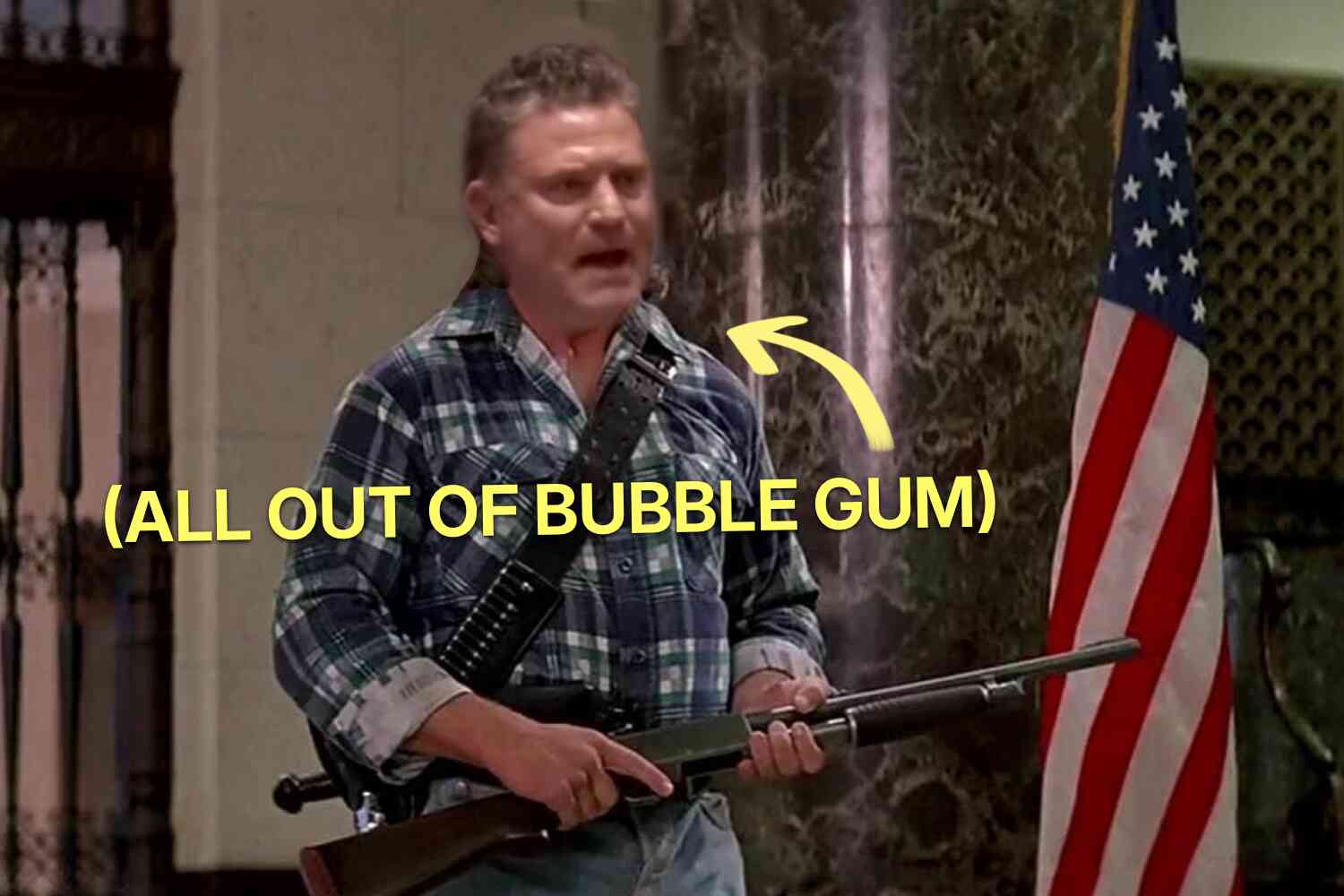You know the old legend about the "elephant graveyard," the place where elephants nearing the end of their days instinctively gravitate to so they can die there alone away from the rest of the herd?
That's what joy is to The Washington Post.
So as to ensure you didn't mistake the headline as overheated clickbait misrepresenting a more balanced and nuanced piece, columnist Dana Milbank drives the point home:
I'm sorry to say...
[He's not sorry to say.]
...that if you have a typical urban or suburban landscape, your lawn and garden are also dooming the Earth.
You'll note that Milbank takes care to provide a link that presumably supports his claim that you are "dooming the earth" with your yard.
Repeat after me: They. Never. Think. You'll. Click. Through.
We always click through.
Here are words that do not appear in the piece he linked that is being used to support his contention that typical middle-class lawns, yards, gardens, and landscape practices threaten native plants and are dooming and killing the earth:
- Lawn
- Yard
- Garden
- Landscape
- Native
The issue isn't even raised beyond general pesticide use, 90% of which is employed in agriculture, not your back yard. In fact, the linked piece mostly dwells on global warming and threats to fisheries and coral. And yet he liked it so much, he linked it not once, but twice in this same article.
I guess even he didn't click through.
No matter, he's got a message to deliver, and that message is,
"Forgive me, Father, for I have sinned..."
I did almost everything wrong.
For 20 years, I found the latest, greatest horticultural marvels at garden centers and planted them in my yard: sunny knock-out roses, encore azaleas, merlot redbud, summer snowflake viburnum, genie magnolia, firepower nandina.
But not to worry, he has seen the light – not by turning towards God, no, but even better.
By turning towards the government.
I came to understand the magnitude of my offenses after enlisting in nature boot camp this spring. I'm in "basic training" with the state-sponsored Virginia Master Naturalist program.
Unfortunately for Milbank, this confession is going to need more than a couple of Our Fathers to wipe the slate clean. No, it's much more serious that that.
I'm no genius with genuses, but I know a quercus from a kalmia, and because of my gardening experience, I began the program with confidence. Instead, I've discovered that all the backbreaking work I've done in my yard over the years has produced virtually nothing of ecological value — and some things that do actual harm.
Oh no! Your attractive lawn that has brought you and your neighbors joy for years was all wrong!
Time for some serious penance.
To get a sense of my missteps, I asked Matt Bright, who runs the nonprofit Earth Sangha, a native-plant nursery in Fairfax County (and a lecturer on botany for my nature boot camp) to walk through my yard with me.
He took aim at my day lilies: "I would remove them all. Those have also become badly invasive."
Sorry, honey, those day lilies you like so much? Yeah, they're killing the planet.

It goes on like that for a while, as he rips out this and that, along with the Washington-Post-Style-Guide mandated nod towards climate change and "urban sprawl" the last of which is code for, "your house," and then turns towards tall grasses and "native plants."
I've grown some "native" plants. There are certainly attractive ones, but most of them are, well, ugly and difficult to grow. That's why people don't typically plant them. Some are fine, but as with food where there are good reasons why we eat some things and not others, there are good reasons why we plant some things and not less desirable alternatives.
I suspect the desire to have us transform our yards into ghastly overgrown landscapes like long-forgotten cemeteries is on purpose as it will make it easier to convince us that we'd be better off in a 750-square-foot condo where we own nothing and are "happy."
There's another problem with going native: Local governments have ordinances that might get in the way of your wanting to use your house to recreate the aesthetics of 1313 Mockingbird Lane.
In some places, growing natives can get you in trouble with your neighbors — or the law. Arlington County still has an ordinance on the books requiring people to keep plants on their "grass or lawn area" no higher than 12 inches — essentially making native gardens illegal.
Milbank is curiously disinterested as to why these retrograde laws (presumably racist, patriarchal, and I'm guessing transphobe) exist. In fact, he doesn't address it at all.
Allow me to explain this with one word.
Vermin.
Remember them? No? That's because humans routinely rid them from their living areas through various practices, including not permitting your yard to turn into wild grasslands or thick, heavy forests.
It's not as if certain creatures haven't acclimated themselves to living under these conditions. I live in Arlington County and routinely see squirrels, chipmunks, foxes, raccoons, and even the occasional opossum.
Is biodiversity limited? Yes. On purpose. I don't want to open my door and be greeted by hundreds of field mice and rats, and that is because that's the biodiversity you'd get. I know this, because it's happened around here when a house gets caught up in a divorce or estate battle and no one takes care of the place.

And by the way, the coyotes have already started moving in. Where do we draw the line? Wolves? Cougars? Mountain lions?
No matter, Milbank came across the perfect solution, the one that will be of most appeal to his upper-income, Washington-metro-area audience of virtue-signalling liberals who don't really want their yards overrun with rodents but still want to be seen as doing the right thing, the better to not have to actually do the right thing:
But there is some good news. Despite the daunting obstacles, it doesn't have to be that hard to do the Earth some good. In fact, it's as simple as this: If you want to save the planet, all you really need to do is plant a single oak tree.
Plant an oak tree, tick off your "save the planet" box, and enjoy your media room and 85" TV in your 5,000-square-foot mansion guilt free!
He does know his audience:
"You can plant one tree. You don't have to get rid of anything else," said entomologist and author Doug Tallamy, godfather of the native-plant movement. "Plant a tree, put a bed under that tree, and all of a sudden you've got less lawn. If you make it a good tree, you've got a powerful addition to your yard. And if that's the only thing you do in a year, you've still made an important contribution."
It almost makes me want to book a private jet. If only I could afford one. And eggs. It would be nice to be able to afford eggs, too.
Milbank is not done. This is a genuine religious experience for him.
Thus absolved, I shed my guilt about my yard full of ecological empty calories.
He goes on to detail how he ripped out his most offending plants and replaced them with "native" species including some white oak seedlings.
Right now, my seedlings look pretty sad. Where once there were healthy lawn and vibrant shrubs, there is now mud and scrawny sprigs poking from the ground every few feet. I put up chicken wire to keep the kids (and me) from trampling them. The carcasses of my invasive plants lie in a heap on the gravel.

But in a couple of seasons, if all goes well, my yard will be full of pollinators, birds and other visitors in need of an urban oasis.
What is he talking about? My yard has all those things. So does pretty much everyone's yard in Arlington.
Years from now, those tender oak seedlings, now 6-inch twigs, will stretch as high as 100 feet, feeding and sheltering generations of wild animals struggling to survive climate change and habitat loss.
Dude, Arlington is full of old trees, there is a real ethos about that here. People like trees, always have. My small yard has trees, some really big, and the whole place is crawling with creatures as is.
I won't be alive to see it. Yet even now, my infant oaks give me something the most stunning cherry blossom never could: a sense of hope.
Milbank does not need white oak seedlings.
He needs an intervention.
Here's the thing: The notion of "native species" and "pristine forests" untouched by human hands and the very notion of returning your yard back into some natural state is a fantasy.
Humans have been shaping nature for millennia.
A growing body of research shows that people have been shaping the planet for millennia — muddying the very idea of wilderness and prompting calls for a revolution in ecology and conservation
The wild untouched Amazon forest?
It's the direct result of human intervention.
But rodents alone may not explain how the Brazil nut became one of the most common trees in the Amazon. Humans probably helped too. People appear to have spread and nurtured the Brazil nut, as well as other plants like cacao trees and edible palms. They likely dispersed seeds and hacked back competitors, which helps explain why useful species make up some 84 percent of all the trees and palms in the Amazon.
The Amazon is basically the result of prior indigenous people's practice of intensive agriculture.
The Amazon is amazing, worth preserving in large respect, but we shouldn't kid ourselves that we are preserving "nature."
We are preserving farm land.
I think biodiversity is important. I like animals. I like my yard, a mixture of plants and trees and flowers and bushes. I like capturing foxes running though my hard on my security cameras.
But let's not kid ourselves that our entire ecosphere is anything other than a product of our actions. Even the notion of "native" plants is likely a product of misplaced certainty given all we don't know about the past.
By all means, let's have a conversation about pesticides and bees and all the rest.
But do not lecture us about our yards. They are not the problem.
And for the love of all that is holy, please don't publicly pat yourself on the back for planting a freaking tree like you've just established world peace.










